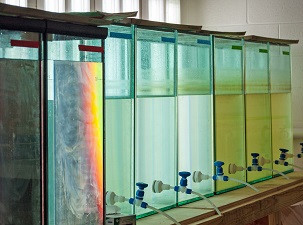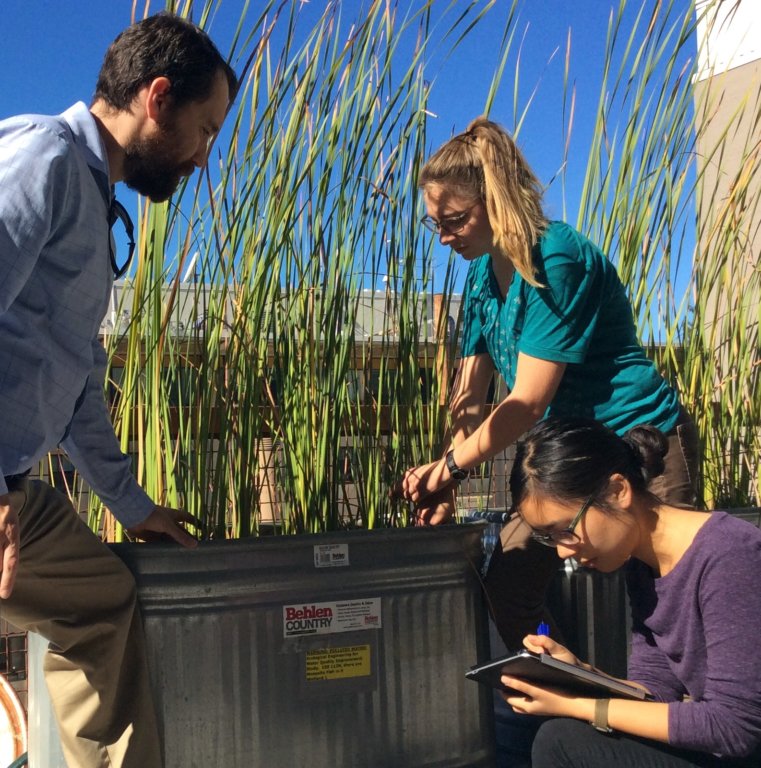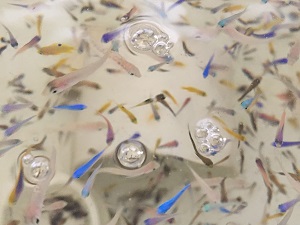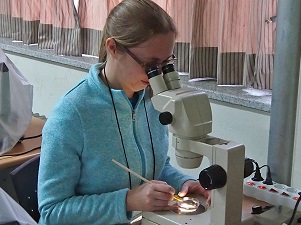Study Finds Clay Nanotubes Yield More Efficient Oil-Water Emulsions than Spherical Particles
Researchers assessed various structures of clay nanotubes or halloysites, which are being studied for their potential in oil spill emulsification. They tested the nanotubes to identify which structures generated the most stable emulsions and smallest oil droplets and if catalytic reactions improved at the oil-water interface.
Details







